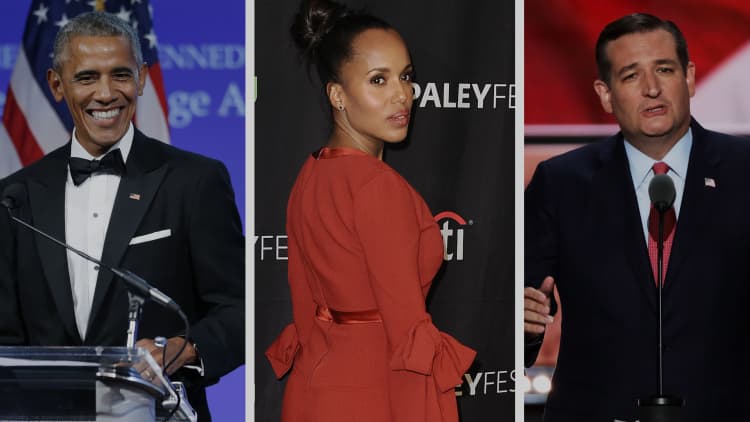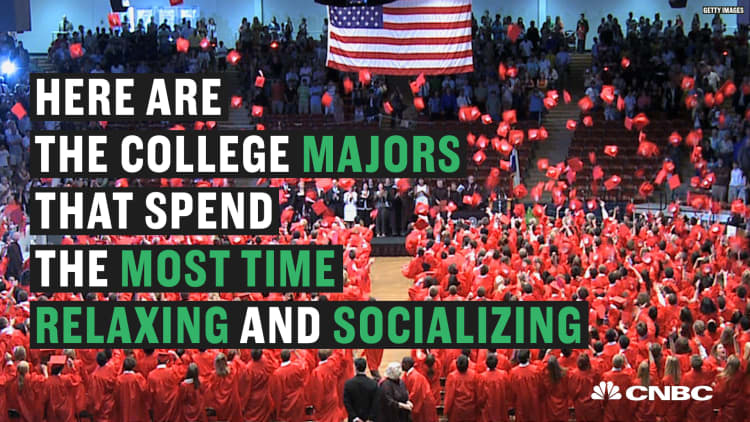Millions of Americans may dream that their student loans will one day magically disappear, but for some, these dreams may be coming true. Tens of thousands of people who have defaulted on their private student loans may have their debt wiped away because important paperwork is missing.
According to The New York Times, National Collegiate, a conglomeration of 15 trusts that hold 800,000 private student loans worth $12 billion, has recently lost multiple court cases due to bad paperwork — effectively clearing dozens of debtors of the money they owe. The loans currently being disputed total more than $5 billion.
The Times spoke with Samantha Watson, a mother of three who took out private loans to finance a degree in psychology at Lehman College in the Bronx. When her daughter became sick, Watson was unable to afford her high student loan payments. National Collegiate sued her, but their paperwork was incoherent, unorganized and incomplete, her lawyer, Kevin Thomas of the New York Legal Assistance Group, told The Times.
In fact, Judge Eddie McShan of New York City's Civil Court in the Bronx dismissed four lawsuits against Watson because National Collegiate failed to provide sufficient paperwork. This ruling cleared Watson of $31,000 in debt. For National Collegiate, this is a high price to pay for missing paperwork. For Watson, "It was such a relief," she told The Times.
Unfortunately, most borrowers will not experience the same kind of happy ending. Defendants often settle with National Collegiate or ignore the summons altogether. And most student debt holders don't owe National Collegiate. Over 44 million Americans hold a total of $1.4 trillion in student loan debt — the $12 billion that belongs to National Collegiate is just a small percentage.

To be smart about financing your degree, avoid taking out private loans or attending for-profit colleges. Private loans often come with high-interest rates (as high as 13.74 percent) which can make your monthly payments balloon over time. They also lack the consumer protection benefits of federal loans.
Before you take out a private loan be sure to take advantage of your federal student loan options. The Institute for College Access and Success reports that 47 percent of private loan borrowers could have used more affordable federal loans.
And private loan borrowers disproportionately attend for-profit colleges. The College Board estimates that the average cost of attending a for-profit institution is $16,000 a year, roughly 4.5 times more than the cost of the average two-year college, and 1.7 more than the cost of the average four-year public college for in-state students.

To attend these expensive for-profit schools, students will take on large amounts of high-interest private loans, only to discover their job prospects are not dramatically improved upon graduation. If you have enrolled in a for-profit college program, keep records of all of your interactions with the school and find out if you are eligible for Borrower Defense Repayment.
By avoiding predatory private loans and steering clear of for-profit colleges, you can make sure your education pays off.
Like this story? Like CNBC Make It on Facebook
Don't miss:




